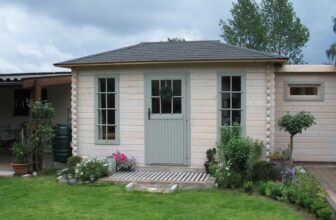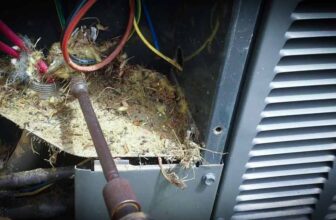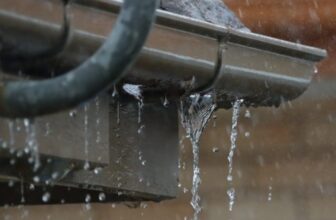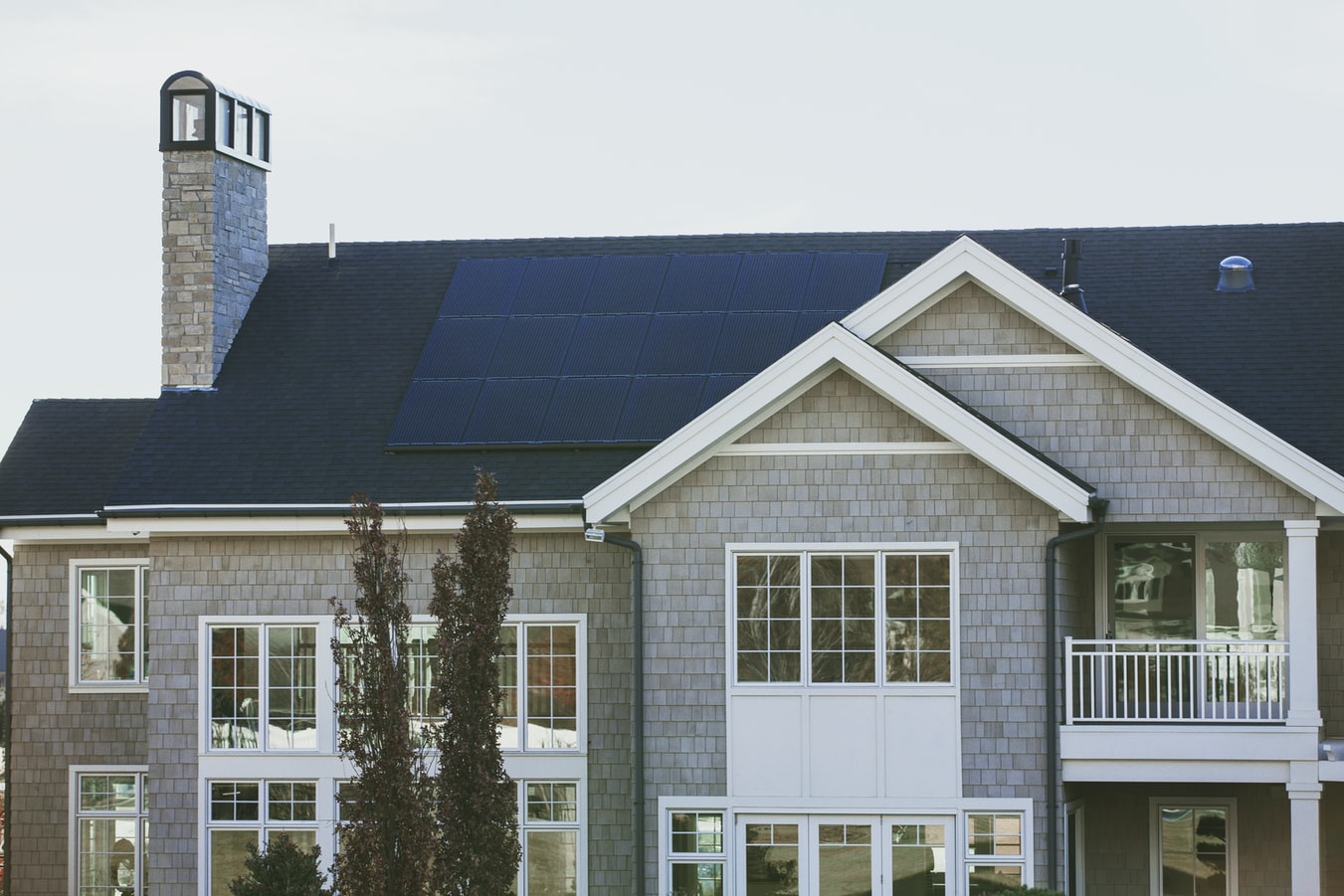
There are some solar myths communicated via the media that you need to set straight. This will help to make an ideal decision of whether to install a solar panel system or not in your home.
Table of Contents
Advantages of solar panel installation
It can significantly reduce or completely eliminate your utility bills
It is a straightforward benefit of solar panel installation. Solar panels generate electricity on their own, so you become less dependent on the grid, thus the monthly utility bill reduces. The lifespan of a solar PV system is claimed to be between 30 to 35 years. This means you can enjoy low utility bills for a max of 30 years by switching to solar.
Home’s resale value gets enhanced

img source: proagentwebsites.com
Prospective homebuyers are interested in properties with solar panels. It means even if you plan to move soon, you can earn the investment made in solar PV installation from the savings you make on utility bills until you stay and later by selling the home at a good price. Besides, homes with solar panel systems sell faster in comparison.
You can earn from net metering and SRECs
In the US, there are numerous solar incentive programs, which can help you reduce the total cost of installing the solar system. Net metering and Solar Renewable Energy Credits are primary benefits, which allow earning bill credits. Your system produces energy and you can share the excess and get compensation from the utility provider. Thus, you can expect instant and long-term income from a solar investment.
Control your increasing energy cost
Electricity rates are fluctuating, which is a concern for every homeowner because they cannot do anything to control it. Solar system installation cost has decreased by 70% within 10 years, but the electricity rates have risen by 5%. This trend of increase in electricity rate is consistent, so switching to solar is a smart decision and you can control your energy cost.
It is a renewable and eco-friendly alternative
Solar is a renewable and clean energy source, which reduces CO2 emissions and pollution. It protects the environment and helps the country transit smoothly away from the use of fossil fuel.
Drawbacks of solar panel installation
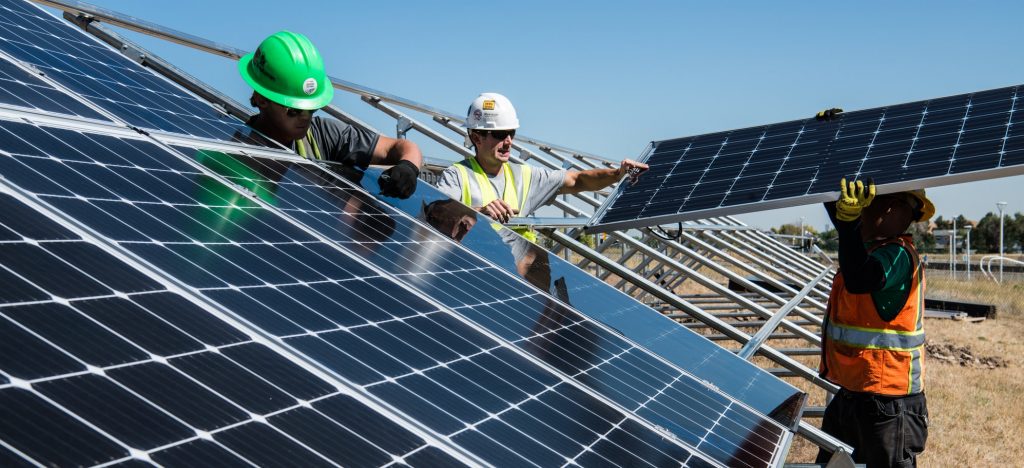
img source: unsplash.com
Works with only specific roof types
The rooftop solar panels are installed on a mounting system. However, specific roofing materials used in historical homes like cedar tiles or slate make it difficult for the installers to work. Many homes or apartments with rooftop addition like skylights or rooftop decks make the installation a difficult task.
If electricity rates are low

img source: colliers.com.au
Solar energy decreases your utility bills and as a result, you save hundreds of dollars. However, to save, you need to have a sizable utility bill to start with. If you reside in a state, where the electricity rates are 25% less than the national average, then it is not appealing to install a solar panel system.
Nevertheless, the advantages of solar panels outweigh the drawbacks. Solar is the most consumer-friendly and scalable solution in the clean energy landscape. It is a low risk of financial investment with good returns.
Click here and calculate your solar potential instantly.
What to expect from the solar panel installation process?
According to EcoWatch.com, solar panel installation is a process, which begins as soon as you sign a contract with the installer. It can take about 4 to 10 weeks before the solar panels start lighting your home. The solar panel installation process includes the following –
Engineer visiting your home

img source: cloudfront.net
After the contract is signed, an engineer will visit your home to evaluate the existing electricity situation. It is crucial to identify whether it can go well with the new solar energy system. Your home roof condition is evaluated to ensure its structural integrity. They also check if there is a need to upgrade the existing electrical panel or not.
Documents and permits
The installer takes care of the paperwork, but you need to be familiar with what goes behind the scenes. You will need to apply for the federal and state solar incentive and rebate programs. You will also need to submit permit applications. The sooner the installer takes care of the paperwork, the faster you can get your solar system installed and running.
Ordering necessary equipment
You will need to evaluate the solar panels and the inverters. The installer will recommend a brand, but homeowners need to do their research and check the factors like aesthetics, efficiency, and durability.
Evaluate and compare different brands to make an educated buying decision. After ordering the equipment, it is time for the installer to start their work. Plan your solar panel installation in winter, as it is the less busy time for the installer, and your project can be completed in not time.
Solar installation
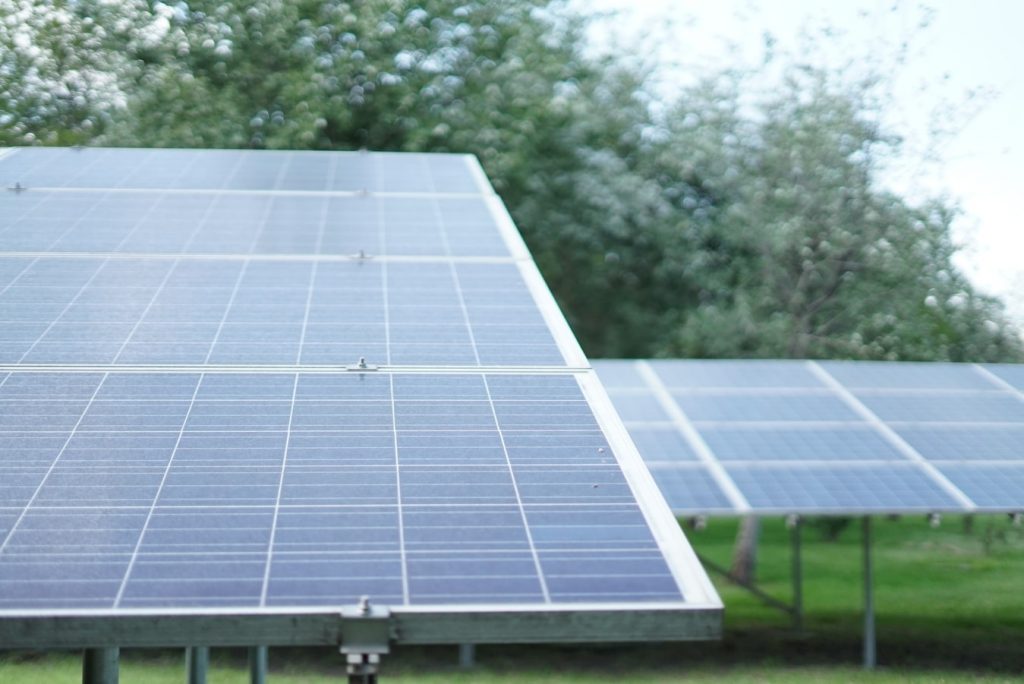
img source: unsplash.com
The installer prepares the roof and ensures that the tiles or shingles are attached properly. First, electrical wiring that connects the existing power system with the electrical panel is taken care of.
The next step is to install a mount that supports the panels. The racking is attached to the roof and securely aligned. The panels are then fixed on the racking. The inverter is connected with the panels, which helps to convert the DC or direct current into AC or alternating current.
The installation takes a couple of days depending on the system size. Some homeowners have a power meter installed required for net metering.
Approval and interconnection
Before the final step, connecting the solar panel system with the electric grid, there is a need for approval from the town government inspector. The representative will inspect whether the wiring is done correctly and the mounting is safe. They’ll also check if the installation is in compliance with standard codes.
After the approval from the local inspector, your solar system is then prepared for getting legally connected to the main grid. The utility company’s representative will also visit for a final evaluation. If there are no problems, your system is ready to go live.
Solar panel installation cost will depend on your average energy usage, amount of sunlight received, local solar panel cost, demand, labor cost, and local incentives offered.





